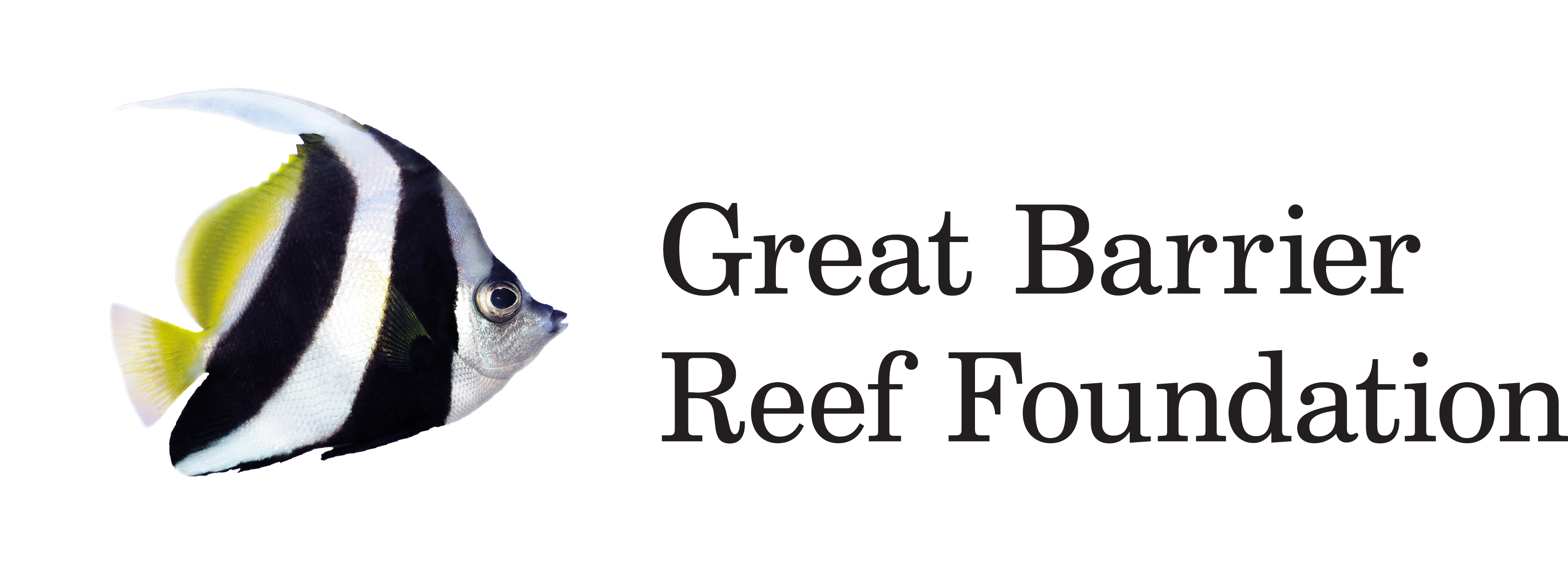Tomorrow
needs you,
now.
Because wonders
should never cease.
The Great Barrier Reef is one of the natural wonders of the world – a living masterpiece that’s home to thousands of species. Its vibrant coral, mesmerising sea life and crystal-clear waters have inspired millions.
It’s a place where wonder truly lives and breathes.
But the Reef is struggling to keep up
Climate change is heating our oceans faster than coral can adapt. Without urgent action, up to 90% of coral reefs globally could be lost by 2050. The consequences would be devastating – for the animals that call the Reef home, for the communities who depend on it for survival, and for the health of our planet.
The good news? There are solutions that work
Your donation can help grow baby corals and deliver them to parts of the Reef. Restoring just 3% of highly connected reefs – the crossroads of the ocean – could help regenerate up to 50% of the entire ecosystem, sparking a ripple effect of recovery.
But we can’t do it without you
Your support today can help test new solutions to restore coral, protect ocean life, and ensure the Reef endures for generations to come.
Help keep the wonder alive.
Because wonders should never cease.
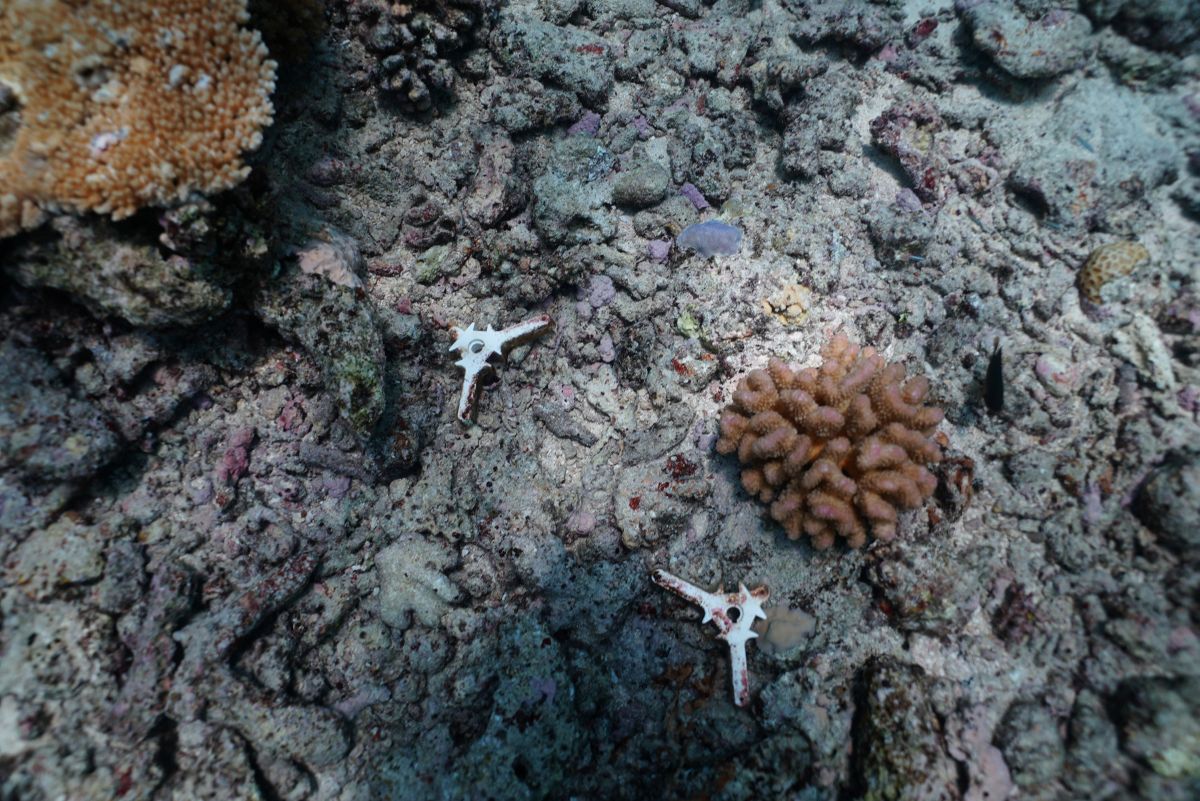
$25
Can help deliver healthy baby corals on coral cradles.
Donate $25
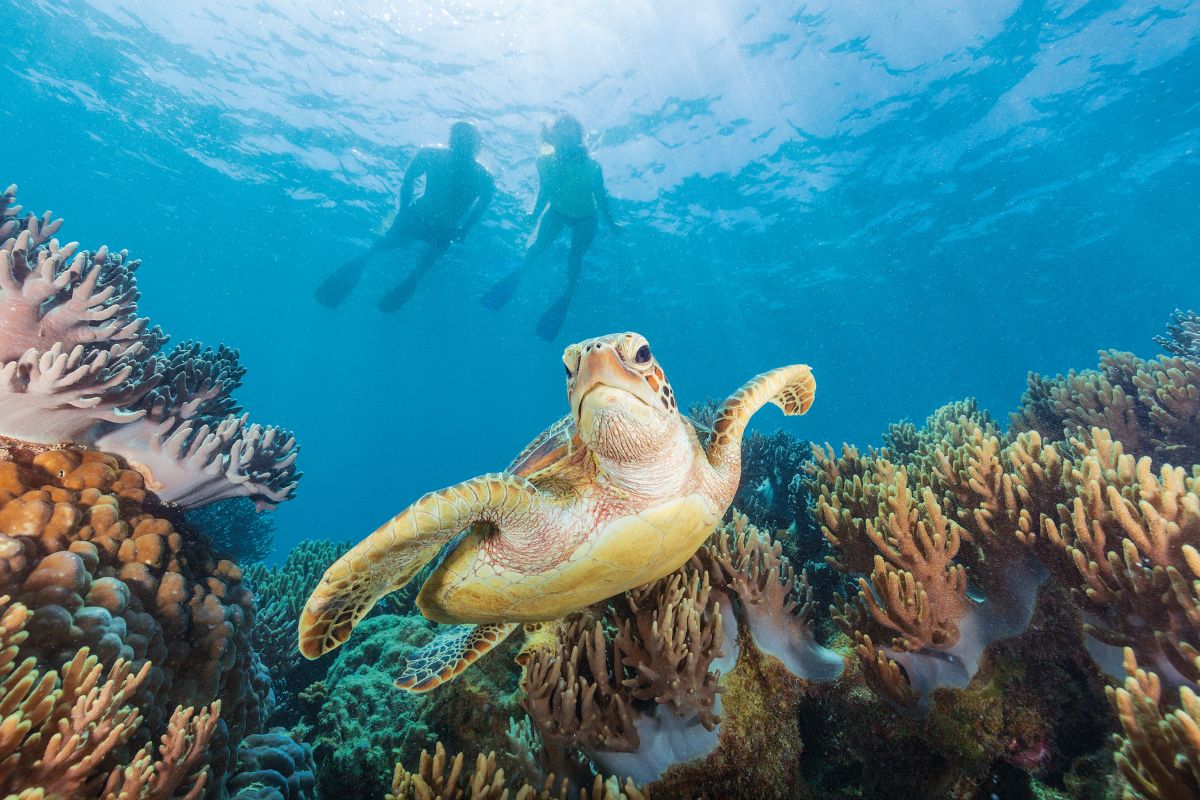
$50
Can help safeguard incredible marine animals, including endangered turtles.
Donate $50
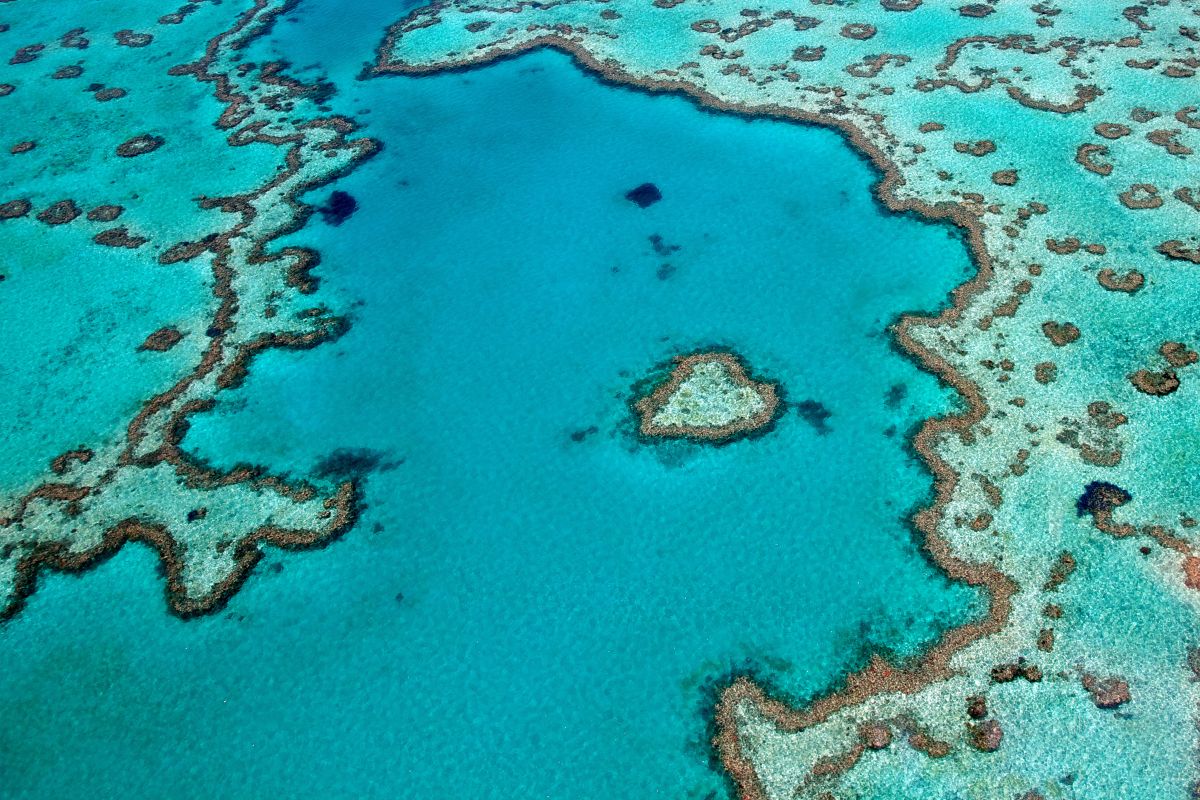
$100
Can support critical reef restoration research, helping us better protect the entire ecosystem.
Donate $100
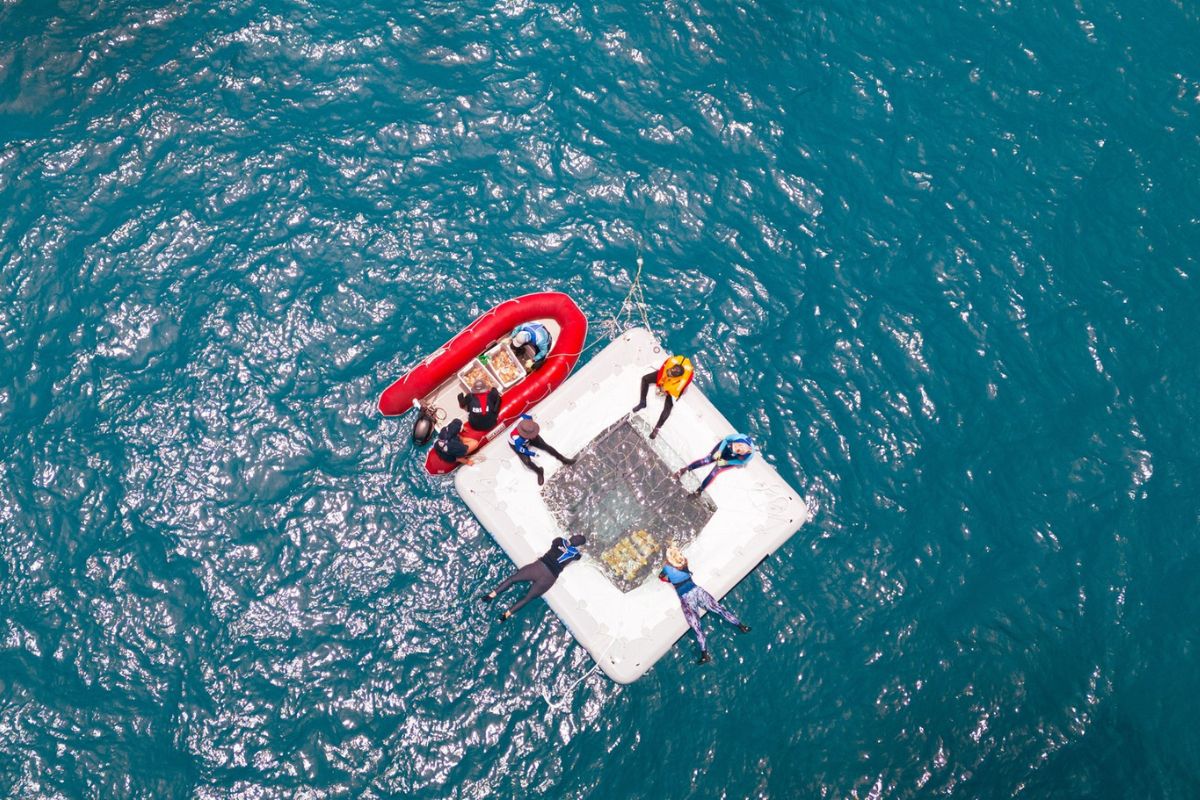
$150
Can support the implementation of cutting-edge reef restoration technologies into coral reefs worldwide.
Donate $150
Your gift supports priority projects which can help to restore the Reef and protect the animals that call it home.
Together, We’re Making a Difference
 artem just donated $21
artem just donated $21 Peter just donated $12.77
Peter just donated $12.77 Olivia just donated $27.81
Olivia just donated $27.81 Drew just donated $5
Drew just donated $5 Kelly just donated $15
Kelly just donated $15 Christina just donated $1,000
Christina just donated $1,000 Lily just donated $40
Lily just donated $40 Jill just donated $500
Jill just donated $500 Drew just donated $5
Drew just donated $5 Maddy just donated $11.65
Maddy just donated $11.65 Ben just donated $85.48
Ben just donated $85.48 Jay just donated $106.12
Jay just donated $106.12 Amy just donated $27.81
Amy just donated $27.81 Ben just donated $54.12
Ben just donated $54.12 Sue just donated $54.12
Sue just donated $54.12 Elton just donated $27
Elton just donated $27 Jabe just donated $5
Jabe just donated $5 Andres just donated $1,973.89
Andres just donated $1,973.89 KIRSTIE just donated $248.13
KIRSTIE just donated $248.13 Melanie just donated $27.81
Melanie just donated $27.81
The future of coral restoration
This coral spawning season, we’re funding exciting new technology that helps us do more, faster. One new tool called a “seedbox” helps release healthy baby corals in unprecedented numbers. This is being trialled in the iconic Whitsundays, to see if it increases coral recovery in key locations.
We’re working with our partners including Southern Cross University on these seedboxes, which can hold millions of baby corals. They slowly release them to allow more time for the babies to settle safely on the Reef.
This innovative tech could be a key part of the toolkit needed to restore our incredible Reef.
Your support helps make this work possible.
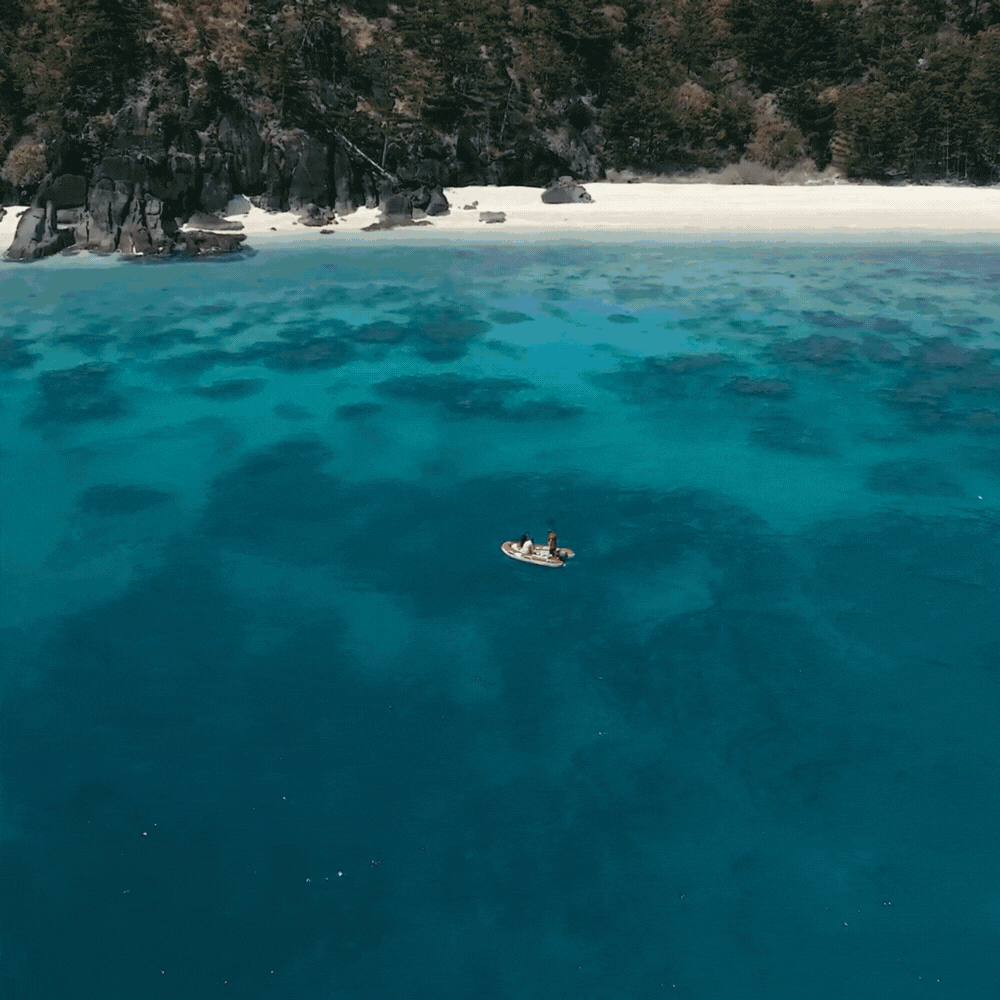
FAQ's
Is my donation tax deductible?
What are the different ways I can donate?
You can make a once-off donation or an ongoing monthly donation. If you are looking for alternative ways to donate and would like to talk to our team, please call 1800 427 300.
Where does my donation go?
The Great Barrier Reef Foundation is creating a better future for the world’s coral reefs by protecting ocean habitats, restoring coral reefs and helping them adapt to the impacts of climate change. Your donation will support these priority projects that help restore the Reef and protect the animals that call it home.
Can I talk to someone about making a larger donation?
Our team is here to help answer any questions you may have or talk through your donation. Call 1800 427 300 and we will be happy to assist.
Can I donate on behalf of my business?
Yes, you can become a Business Supporter. We would love to welcome you to our network of valued supporters and work with you during the most critical time in history for the Reef.
Call Us
Please call 1800 427 300 to donate or for assistance
Direct Deposit
Email us at giving@barrierreef.org to receive the details to donate directly to the Great Barrier Reef Foundation Gift Fund
Please send your donation cheque to: Great Barrier Reef Foundation, GPO Box 1362, Brisbane QLD 4001
Top image credit: Tourism and Events Queensland
